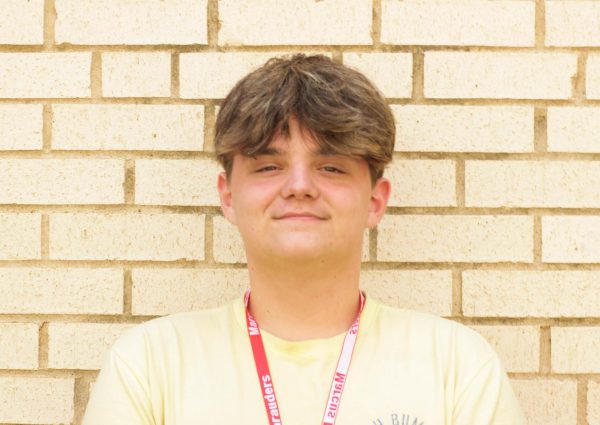In compliance with House Bill 3, armed security guards are required at every school in the state beginning Sept. 1.
For LISD the change will only affect elementary schools since high schools and middle schools already have SRO’s.
LISD’s new Guardian Program enlists the help of civilians –typically retired from the force–to be stationed at elementary schools throughout the day. LISD hired 50 of these armed civilians to kick off the program.
Guardians will be paid around $25,000 annually by the district and will be stationed in the school’s entry way during the day.
Candi Blalack, fifth-grade math teacher at Timber Creek Elementary, shared that she likes the Guardian Program.
“I don’t feel like they will affect what I do in the classroom other than making the schools a lot safer,” Blalack said.
The one problem Blalack says she sees in the program is that the guardians should be paid for by the state itself.
“It would be nice if they would step up and take the financial burden off of our district, but I also feel like the state can pitch in for a lot of things that they are not paying for,” Blalack said.
These guardians will be required to have drug screenings, background checks, and psychological evaluations before being hired. They must also have their Texas license to carry.
Supervisors will be stationed with them in the schools, and the state of Texas calls for both the guardians and their supervisors to receive at least 16 hours of training, but LISD requires roughly 100 hours, including additional training yearly.
Jeni Rasco, PTA president at Timber Creek elementary, shares that she doesn’t think the state-mandated 16 hours of training will guarantee the safety of the students.
“I think 100 hours is definitely more comforting,” Rasco said.
Rasco shares her fear that even this extended training wouldn’t fully prepare the security officers for a school shooting.
“There’s no way to know how you’re going to react in that type of situation, ” Rasco said.
Rasco remembers growing up and how school shootings didn’t happen as often as they do now.
“I realize that it’s become, sadly, more common.” Rasco said.








